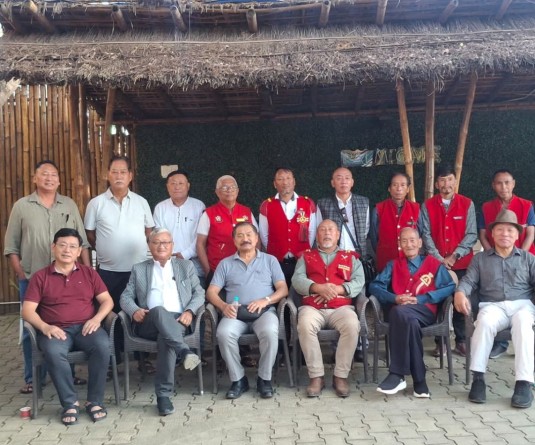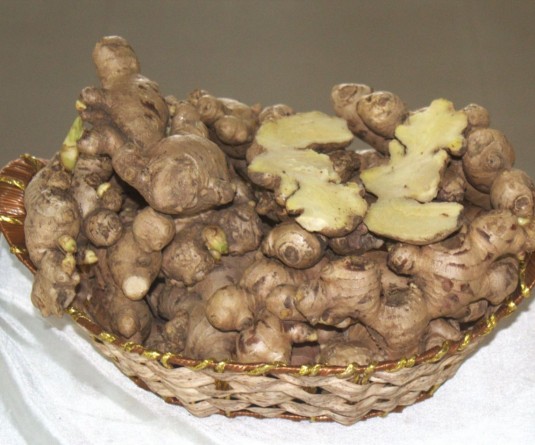
Global Iodine Deficiency Disorders Prevention Day observed in Nagaland
Kohima, October 21 (MExN): Kohima Village was declared the first ‘non-iodized salt free village’ on the occasion of Global Iodine Deficiency Disorders (IDD) Prevention Day on October 21 at the village council hall.
At the event, the village community pledged to procure, stock, sell, and consume only iodised salt. They also vowed to stand together to fight against IDDs, to safeguard the health of their children, community and oneself.
Dr. Meguosielie Kire, Director (Health), Department of Health & Family Welfare (DHFW) administered the declaration and pledge to take the mission as a community responsibility and strive to eliminate IDDs from the village.
Speaking on iodised salt and its importance, State Programme Officer NIDDCP, DHFW, Dr. Ahuo Sorhie said iodine remains one of the most neglected and most widespread of all nutritional deficiencies. Iodine is an essential micro nutrient required for normal body and brain development; its intake should be 100-200pgm daily.
Dr. Ahuo pointed out that iodine deficiency leads to goitre and a broad spectrum of disease, which affects every stage of human life from mother-unborn child-childhood-adult. She said that 1.5 billion people are at risk of suffering from severe consequences of iodine deficiency, 200 million people are at risk of IDDs in India and 75 million are already suffering from goitre and trapped in other IDDs in the country alone. The causes, she stated, are low priority accorded to creating or spreading awareness, insufficient education regarding seriousness of IDDs, lack of knowledge on the importance of consuming iodised salt.
She further informed that Nagaland, which is declared as one of the endemic states in India, has recorded IDD prevalence rate of about 1% as of recent survey. The state has been falling under the area of severest iodine deficiency as it lies in the Great Sub-Himalayan belt.
Dr. Akuo urged to consume iodised salt, disseminate information to family, friends, neighbours, and spread awareness of the gravity of IDDs. She also encouraged the parents, students and media, to carry forward the message as it is the need of the hour to spread awareness and educate people.
Meanwhile, Dr. Aseno Rhetso noted that a pregnant woman needs more iodine than normal women because the effect of iodine deficiency is more severe in pregnant women and their babies. She also highlighted that the right way of storing an iodized salt at home is in a tight container away from fire and direct sunlight. Locally made salts, she cautioned, should be avoided as they do not contain iodine.
Dr. Aseno also commented that with the spread of awareness, intake of iodized salt has increased and cases of goitre have decreased all over Nagaland. She urged all to campaign the importance of iodized salt, hoping that with the spread of awareness IDDs will be eliminated in Nagaland.
The officials and participants pledged their commitment to campaign on the usage of iodized salt.






